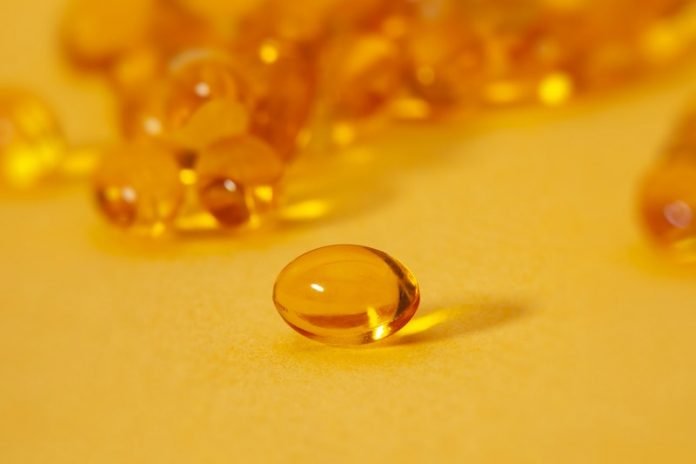
In a recent study published in the American Journal of Physiology-Endocrinology and Metabolism, researchers found that active forms of vitamin D can inhibit the replication and expansion of COVID-19.
The study’s findings also suggest lumisterol, produced by a chemical reaction in the body using light, works to block COVID-19.
Vitamin D and lumisterol metabolites were able to block two specific enzymes (RdRP and Mrpo) required for the SARS-CoV-2 life cycle.
The study is from the University of Alabama at Birmingham. One author is Andrzej T. Slominski, MD, Ph.D.
Anthony Fauci, MD, director of the National Institute of Allergy and Infectious Diseases, suggested in September 2020 that vitamin D could help fight COVID-19. He also estimated that 40% of the U.S. population is vitamin D deficient.
Scientists in this study were able to prove that novel and physiologically relevant vitamin D and lumisterol derivatives act on multiple targets, suggesting that they may be effective against original and mutant strains of SARS-CoV-2.
Other benefits of vitamin D include its low cost and easy access.
Once vitamin D is consumed, it is metabolized into various active forms by enzymes called cytochrome oxidases or CYP enzymes.
Researchers say their findings help explain a possible mechanism for why low vitamin D levels seem to promote COVID-19 infection and poor outcomes in certain individuals.
This is in line with other studies showing a relationship between vitamin D deficiency and poor disease outcomes.
More studies and clinical trials are planned to test the efficacy of vitamin D and lumisterol as an antiviral therapeutic for COVID-19 in animals and humans.
If you care about vitamins, please read studies about vitamin D and COVID-19: What you need to know and findings of vitamin D level strongly linked to your future health risks and death.
For more information about vitamins and your health, please see recent studies about vitamin K can benefit for your heart health and results showing that this vitamin B3 may help treat vision loss.
Copyright © 2021 Knowridge Science Report. All rights reserved.



